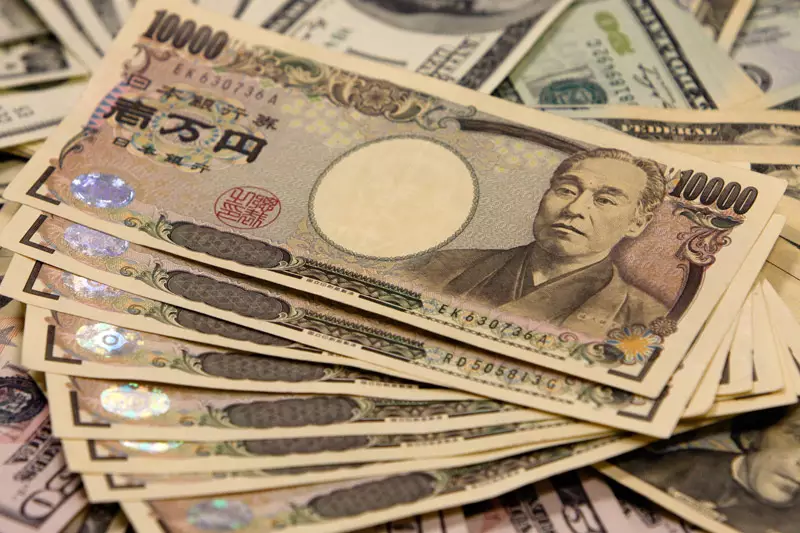Recent data released by the U.S. Commodity Futures Trading Commission and LSEG revealed that leveraged funds’ position on the Japanese yen has decreased significantly. The net short stance has reached its lowest point since February 2023, with leveraged funds holding a short position of 24,158 contracts. This marks a substantial shift from the previous week, where the net short position was around 70,000 contracts. The drastic change in weekly net positioning in the yen by leveraged funds is the largest seen since March 2011.
Chief market strategist at payments company Corpay, Karl Schamotta, highlighted the significant impact of the recent yen short squeeze. He noted that leveraged funds and other speculators have been rapidly unwinding their bets against the currency. This trend is the fastest seen in monthly pace since August 2007. Schamotta humorously referenced Mike Tyson’s famous quote, stating that “everyone has a plan until the yen punches them in the mouth.”
The global stock and bond markets, particularly Japan’s, have experienced significant turmoil as a result of the unwinding of the yen carry trade. This popular trade involves borrowing yen at a low cost to invest in other currencies and assets with higher yields. However, Japan’s rate increases, a volatile yen, and anticipated rate cuts in the United States and other economies have disrupted this trade. The U.S. dollar has depreciated by 9% against the yen over the past month, further contributing to the market upheaval.
Summary
The recent developments in leveraged funds’ positions on the Japanese yen have had a profound impact on the currency and the broader financial markets. The significant decrease in net short stance, coupled with the rapid unwinding of bets against the yen, has led to market volatility and turmoil. As investors navigate the complexities of the current economic landscape, it is crucial to monitor these trends and adjust strategies accordingly to mitigate risks and capitalize on opportunities.

